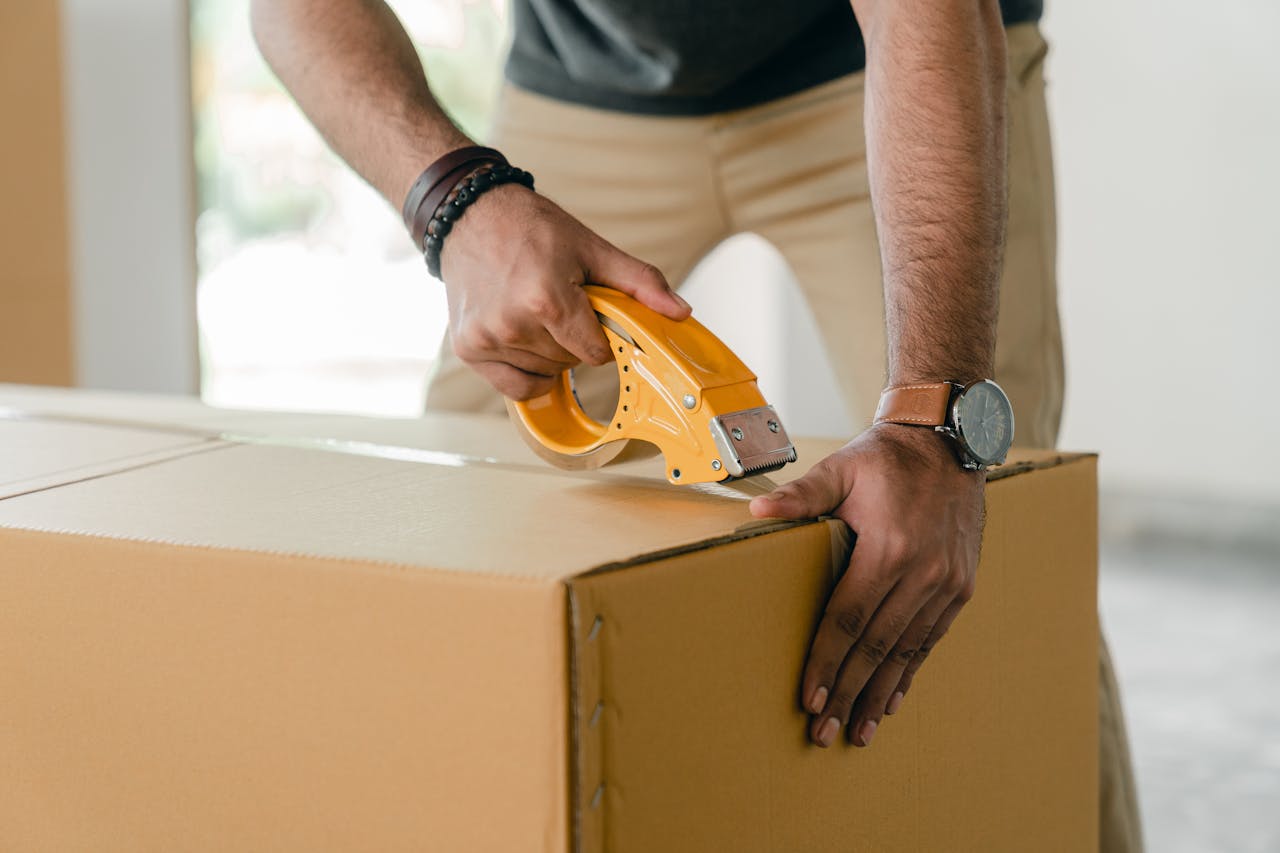Insurance is essential to safeguard your possessions while they are being stored. It makes sense to insure them if they are valuable. While it’s not a legal requirement, having self-storage insurance is highly recommended.
Insurance for self-storage can offer protection against risks such as theft, fire, vandalism, or natural disasters, depending on the policy.
There are also several responsibilities that you would need to uphold as well, such as ensuring your unit is securely locked, whether accidental damage is included (as not all policies cover this) and selecting the right type of coverage, for example, whether it is for business or home.
What are your self-storage insurance options?
There are also various options for securing self-storage insurance. These include:
- Facility insurance: Some storage facilities offer cover that you can purchase as part of the rental agreement. These policies may cover a range of events and provide a convenient solution.
- Homeowner’s or renter’s insurance: Check with your existing homeowner’s or renter’s insurance policy. In some cases, these policies may extend coverage to items stored away from your primary residence, such as in a storage unit. However, coverage limits and conditions may vary, so it’s crucial to confirm with your provider.
In order to calculate the amount of insurance that you need, you must first decide what you will be storing in your unit.
Once you’ve determined what to store in your self-storage unit, you need to figure out how much it would cost to replace every item in order to budget. You may want the ability to quickly adjust your level of coverage as you add or remove significant things from your unit. Keep in mind that this may alter over time.
Having insurance helps safeguard your belongings in case of unforeseen events, providing financial compensation for any covered losses. Before selecting an insurance option, it’s important to carefully review the policy terms, coverage limits, and any exclusions to ensure it meets your needs. You can get insurance through your storage provider.
To enquire about our self-storage units, contact us or request a quote from us.

